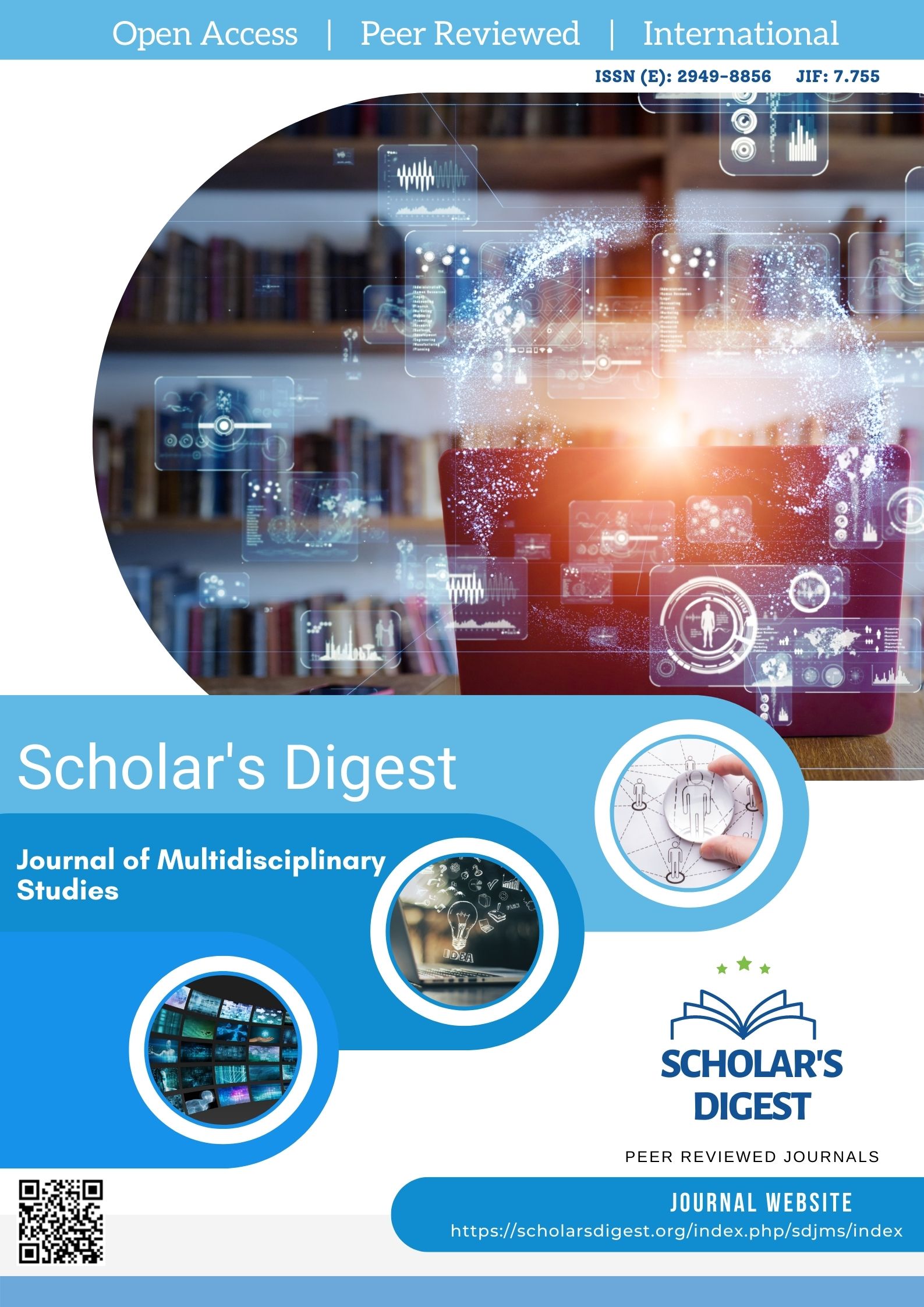THEORIES OF INTERNATIONAL TRADE: EMERGING KNOWLEDGE
Keywords:
Mercantilism theory, absolute advantage theory, comparative advantage theory.Abstract
Trade is a business relationship that involves exchanging goods and services between two people or entities. International trade entails the concept of exchanging skills, technology, weapons, goods and services across national frontiers or between two countries. The factors that enhance trade are complex, and economists throughout the centuries have attempted to interpret the inclinations and factors through the evolution of trade theories. No country likes to trade with its enemy but countries engage in international business to promote world peace and exploitation of new technology. This study examined roles of theories of international trade. The study revealed that understanding the theories of international trade may help consumers or countries to penetrate foreign markers. The concept of theories of international trade especially technology gap theory and absolute advantage theory assist countries that do not produce a specific product to benefit from it through import.
References
Bernhofen, D. M. & John, C. B. (2004). A direct test of the theory of comparative advantage: The case of Japan. Journal of Political Economy, 112, 48-67.
Feenstra, R. C. (2003). Advanced international trade: Theory and evidence. Princeton University Press.
Heckscher, E. F. (1935). Mercantilism. Allen & Unwin.
Helpman, E. & Krugman, P. R, (1985). Market structure and foreign trade. MIT Press.
Hill, C. (2007). International business competing in the global marketplace (6th ed.). McGraw-Hill.
Krueger, A. O. (2020). International trade: What everyone needs to know OUP.
Krugman, P., Melitz, M., & Obstfeld, M. (2018). International trade: Theory and policy. Pearson.
Krugman, P. (1988). Rethinking international trade. MIT Press.
Ohlin & Bertil (1967). Interregional and international trade. Harvard University Press.
Neary, J. P. & Albert, S. (1986). Factor content functions and the theory of international trade. Review of Economic Studies, 53, 421-432.
Ricardo, D. (1817) The theory of comparative advantage. In P. Sraffa, & M. H. Dobb (Eds.). Principles of political economy and taxation. Cambridge University Press.
Sen, S. (2010). International trade theory and policy: A review of the literature. Levy Economics Institute of Bard College.
Smith, A. (1776). An inquiry into the nature and causes of the wealth of nations book v, chapter 2, article I: Taxes upon the Rent of House.
Suranovic, S. (2010). International Trade: Theory and policy. Saylor Foundation.
Wilson, C. (1963). Mercantilism. Routledge and Kegan Paul.
Downloads
Published
Issue
Section
License

This work is licensed under a Creative Commons Attribution-NonCommercial 4.0 International License.








